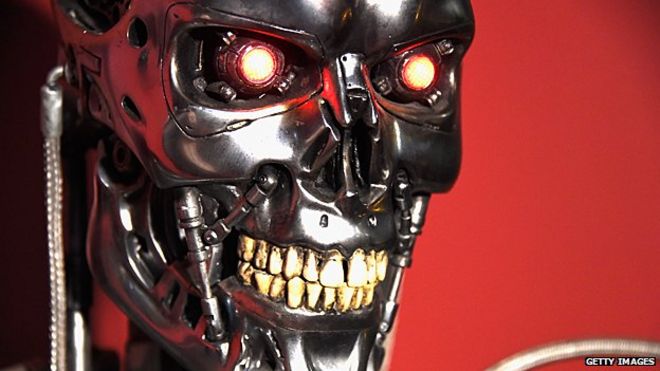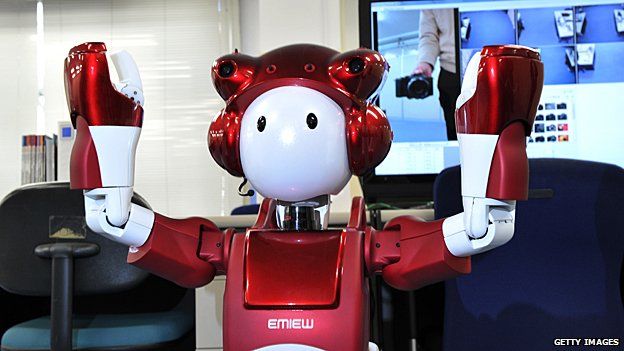For the workers of today, the future can look bleak.
Retirement is an ever receding distant dream - probably just as well, as the pension is probably more likely to cover a week in Southend rather than a grand world tour.
Then there's the always present danger that if your manager isn't replaced by a machine, you may well be.
But that's not the whole picture - technology can be the great leveller, a transformational entity that could alter society and the future workplace for the better.
So which is it - shiny tech-driven utopia, or something more reminiscent of Bladerunner?
To round off a month looking at the future of work, I spoke to several experts who have contributed to technology of business over the past few years and found out if they had changed their view of the future.
Dave Coplin, Chief Envisioning Officer, Microsoft UK
I'm not sure my vision of the future of work has changed much per se, not in a visible way at least.
My hope remains that technology will increasingly afford greater freedom in where, when and how we work.
But, I think that the biggest change that is yet to come lies with how companies address the cultural and organisational challenges. These must be overcome, in order for the incredible opportunities that are offered by transformational technologies to be able to take effect.
The success of the future of work will come down to one thing. People.
It will be the extent to which the people are engaged with the "purpose" of their organisation that will dictate the success or failure of that organisation in the future.
Engaged employees embrace change, they look for growth and learning in all they do and best of all they unleash the full potential of new technology.
They do this by using it to find new ways of working rather than simply making the old ways of working happen a bit quicker.
In ten years' time, I hope we will have broken free of many of the physical ties of our current working world.
I hope that employees, engaged and empowered with the purpose of their organisation, will use the incredible advances offered by new forms of interaction, like holograms and displays that offer "high empathy presence" where more of our body language can be conveyed to enable us to collaborate more effectively wherever we are.


